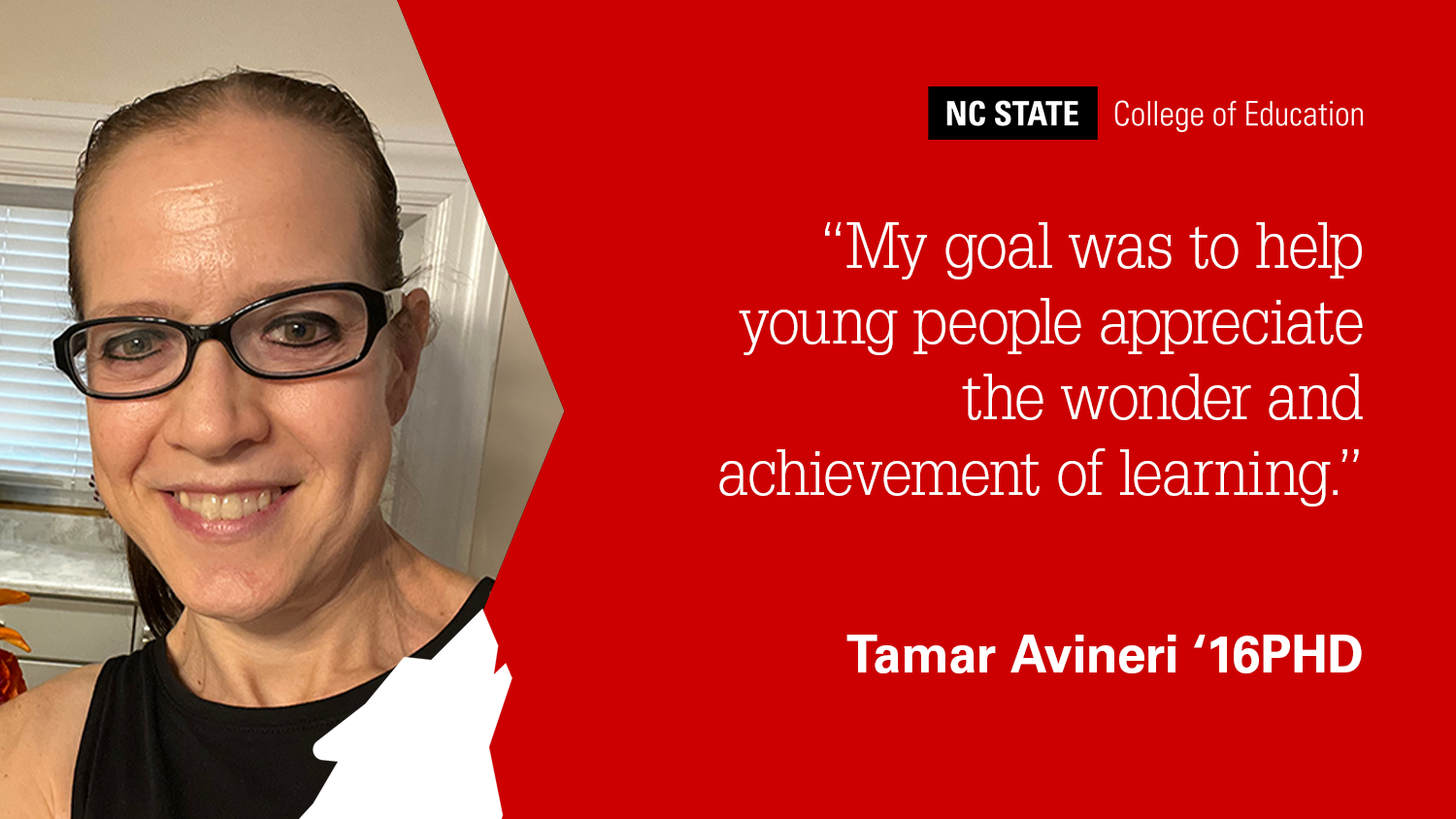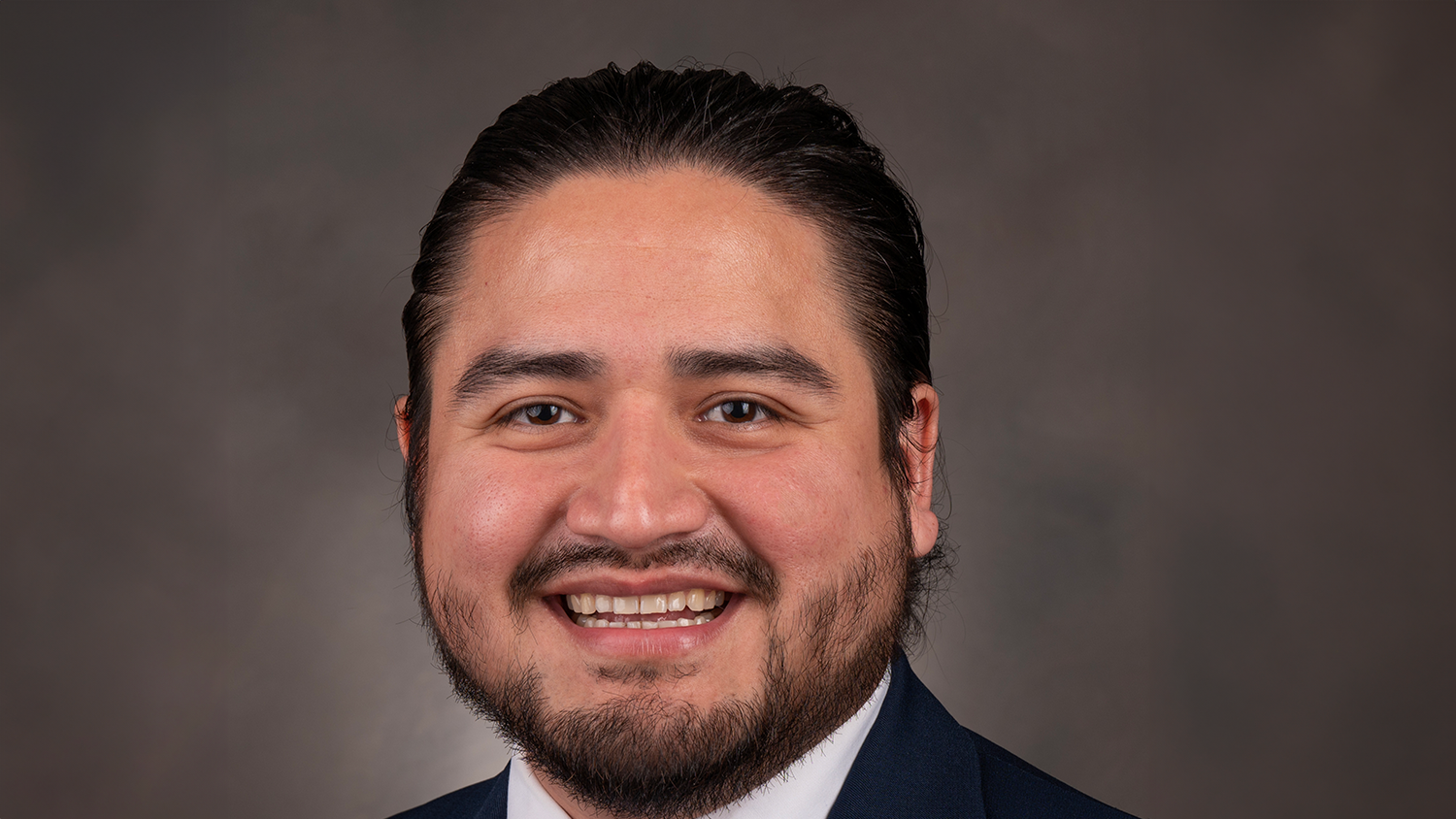Assistant Professor Erin Krupa Works to Create Repository of Validity Evidence for Quantitative Measures in Mathematics through $2.1M NSF Grant

Erin Krupa, Ph.D., assistant professor of mathematics education at the NC State College of Education, said that there has been a shift towards data-driven policy and research in education, which has led to an increase in the use of quantitative measures in STEM. However, there is not enough evidence regarding the validity and reliability of these measures.
She is now hoping to identify and compile measures with validity evidence through a five-year, $2.1 million NSF grant entitled “Validity Evidence for Measurement in Mathematics Education.”
“Some issues arise when these measures are not aligned to intended outcomes, when adequate validation studies have not been conducted on those measures, or when the measure is used in a different context than originally intended,” she said.
Through the grant, Krupa will work in partnership with Bowling Green State University, the University of Nevada, Las Vegas, and Boise State University to create a publicly available repository of measures and evidence for their validity.
“This will allow scholars across fields to have a searchable repository of quantitative instruments usable in mathematics education research and their associated and available validity evidence. This will spur greater use of assessments with robust validity arguments and will result in research that can be compared across studies,” Krupa said.
To create the repository, a team of 25 leading educational researchers with expertise in mathematics education, psychometrics and applied measurement will work with 15 other scholars to develop a framework for categorizing and describing validity evidence associated with quantitative measures in mathematics education.
The team of 25 will then work in smaller groups to conduct peer-reviewed syntheses in seven topic ares, including teacher education measures, teacher education assessments, elementary measures, secondary measures, undergraduate and graduate mathematics measures and assessments, statistics education measures and assessments, and K-12 surveys and assessments.
In the final year of the project, face-to-face and online training will be offered nationally for researchers with the goal of educating scholars and practitioners on the use of the repository and the types of validity evidence it provides.
“Ultimately, by identifying measures with strong validity evidence, we can improve what the field of mathematics education knows in relation to student and teacher outcomes,” Krupa said. “There is great value in the knowledge that quantitative research can bring to the field in terms of generalizability to educational practice, which improves the quality of instruction students receive.”
This is the second NSF grant in recent months on which Krupa is the principal investigator. In June, she received a $450,000 grant for “Using Animated Contrasting Cases to Improve Procedural and Conceptual Knowledge in Geometry,” through which she and co-PI Jon Star, of Harvard University, will develop animated, digital materials intended to highlight different geometric features and potentially help students better understand the theory behind the mathematics concepts they are learning.
- Categories:


